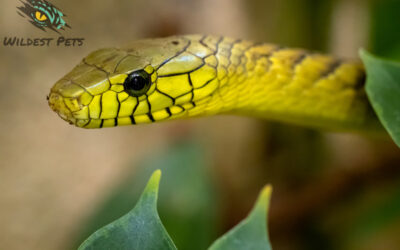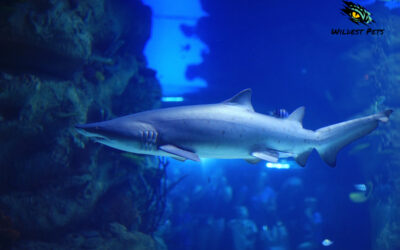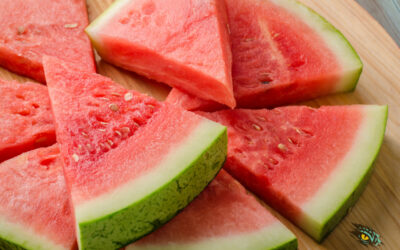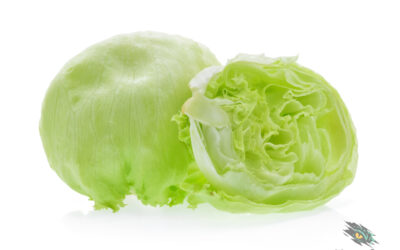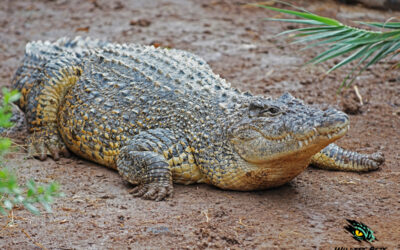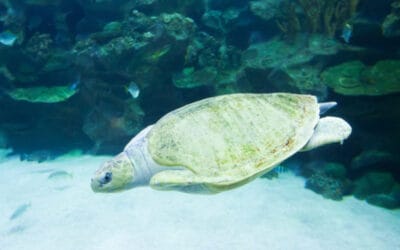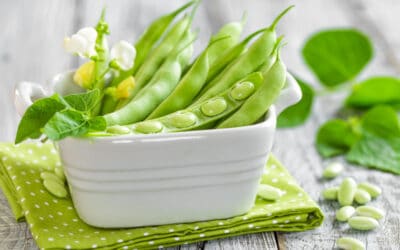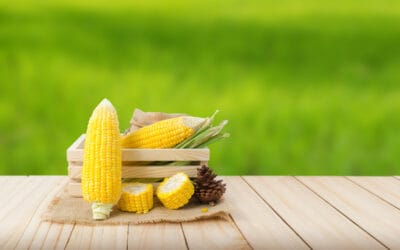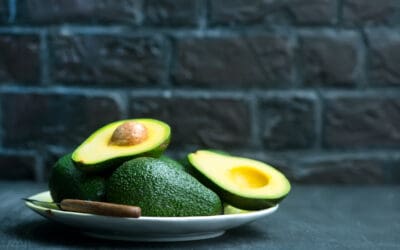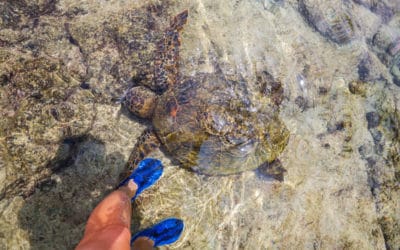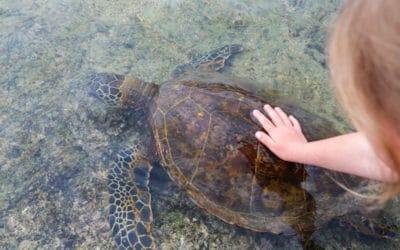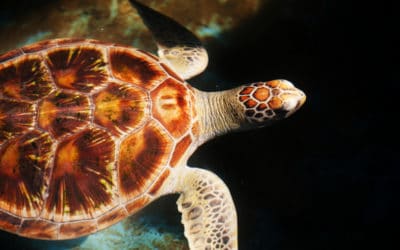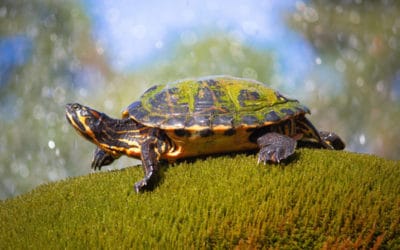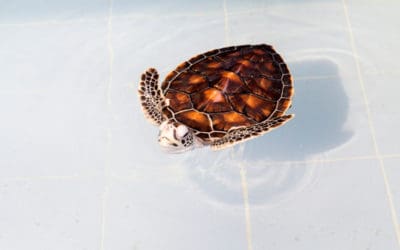Can turtles eat avocados? Here’s what you need to know about your reptile’s dietary plans!
Avocados are surely quite a popular addition to many diets for human beings. It is well known for its great impact on the immune system, liver function, or eyesight. It even increases bone density, which is definitely one of the most important ways of preventing osteoporosis. However, in spite of a number of benefits it has on our organisms, we should not take that as granted for other animals. One of the best examples are turtles.
A lot of people ask me whether the turtles can eat avocados and, to be fair, the short answer is no – turtles cannot eat avocados. They should not receive even the slightest amounts of this fruit (Do your baby turtle eat pumpkin ?). Thanks to that, you are going to save your pet from a lot of troubling health conditions and, even, from visiting a vet.
But how come these gorgeous fruits (grapes are big source of water for your turtle) that are so often chosen by humans so toxic to our turtles? What are the main reasons behind that? Well, some time ago I spent quite a substantial amount of time on learning about the interesting additives to my turtle’s dietary plan, so there is a thing or two I can share about what I have found about avocados.
What is the nutrient content of an avocado?
But first, let’s start from things that are rather obvious. You see, avocados may seem like a great addition to everyday’s meals for our turtles. A single avocado fruit weighs from 110 to 160 gram. In that, there is quite a lot of energy, because approximately 228 kcal. What is more, it is a great source of water, since approximately 60-70% of its ingredients is water (Can your turtle eat watermelon as big source of water ?). Besides that, there is quite a lot of fiber (9.2g) and protein (2.7g).
Things get even more interesting when we take a closer look at vitamins and minerals. You see, there is an abundance of Vitamin C (12 mg) and Vitamin A (10mg). We can also find some Vitamin E (2.7g) and B-6 (0.4g). As far as the minerals are concerned, we can find large quantities of potassium, phosphorus, magnesium, and calcium.
The reasons why avocados are a bad idea
How come such great numbers that I just presented are dangerous to our turtle? Well, there are several reasons why. And to make sure that you understand them all, I decided to distinguish the most important ones and depict their importance on the turtle’s health.
Effects of persin on turtles – the true problem
Persin is a fungicidal toxin. It is a compound that can be compared to a fatty acid. Though it has a positive impact on the body of humans (it causes apoptosis of breast cancer cells), the turtles are not going to enjoy its benefits. You see, there is a large number of negative effects that persin have on turtles’ bodies.
First of all, it can lead to difficulties with breathing. Besides that, the fluid begins to accumulate around the heart and lungs. The turtles need to face a non-rhythmic heartbeat. Besides that, the organs begin to shut down. It leads to a premature death. However, there is more than just persin that can cause troubles to our turtle.
Besides that, there’s also the issue of fat content
Turtles need to have their diets low-fat oriented. It means that if we are to feed them, we look for products that have little fats. Avocados, on the other hand, are quite rich in fat. It is said that there is approximately 19-22 grams of fat per a single avocado. It is a huge number for a turtle.
If we compare a high-fat diet with the general overfeeding phenomenon that we can see in the case of turtles who live in captivity, we’ve got ourselves a pretty seriou problem. Obese turtles are more likely to have diseasuses that influence such organs as liver or kidney. Besides the failure of these organs, we should also remember about tooth and gum decay, and many other issues that obesity causes.
Let’s not forget about Oxalates
Oxalic acid, which is also quite often referred to as oxalates, are a compound that is naturally found in many vegetables or fruits. Though some fruits are pretty low in that compound, that is not the case with avocado. You see, a single fruit contains up to 20 mg of oxalates. It means that avocados are quite high in this compound and, sadly, it is dangerous to turtles.
The real problem with oxalates is that this compound binds with calcium. As a result, the appropriate absorption of many necessary minerals is largely hindered. Even calcium is not absorbed the way it should be. Because of that, our turtle will have calcium deficiency, and this may be a huge problem for your pet. You see, insufficient amounts of calcium may lead to metabolic bone disease and this, on the other hand, translates into a number of different diseases and illnesses.
The most common and, at the same time, the ones that appear quite early, are the following:
- Arched spine;
- Tremors,
- Swollen legs;
- Legs twitching while resting;
- The so-called rubber jaw.
Sadly, as calcium inefficiency lasts longer and longer, the more serious symptoms will eventually appear. Later on, there will be a lot of bumps on the legs, spine, or even tail (turtles have tails ?), as well as fractured bones.
Also, there is the inappropriate calcium to phosphorus ratio
Another problem with feeding avocados to your turtle is the wrong ratio of its ingredients. You see, calcium and phosphorus are both quite important for a turtle. However, it is the former that should be of huge quantities in the turtles’ dietary plans. The ideal proportion of calcium to phosphorus should be 2:1. However, a single avocado contains 18 mg of calcium and 73 mg of phosphorus. It means that the avocado ratio of these nutrients is 1:4.
As a result, this mineral content is nowhere near the ideal and, thus, may cause additional troubles to our turtle’s organism. First of all, too high intake of phosphorus will lead to calcium phosphate deposits in the turtle’s gut. Obviously, this is not acceptable and, therefore, we should not allow such a thing to happen.
Such a huge amount of phosphorus (when compared to calcium) also makes it very difficult for your pet to absorb the calcium. This, in turn, leads to many troubling diseases, including the MBD I mentioned earlier on.
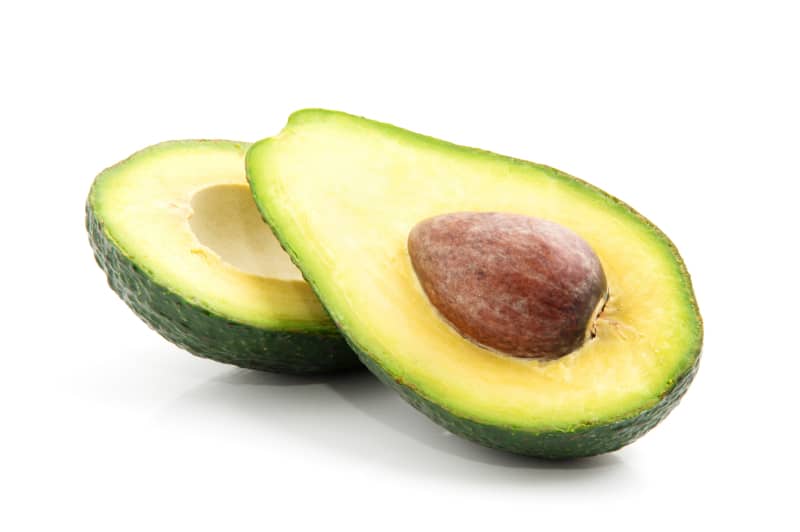
What to do if my turtle ate an avocado?
If we fed an avocado to our turtle and only now realized what we have done, then we should definitely start from observing the behavior of our turtle. After eating an avocado, it is imperative to look for any symptoms that I mentioned earlier on. What is more, besides the signs that I already described, we should also look for restlessness, diarrhea, or vomiting.
A veterinarian is your best shot
In the case of any abnormal behavior, the best way to help your turtle is to take it to the closest veterinarian that knows a thing or two about turtles. You are not going to be able to help it without a professional. Obviously, we should remain calm because stressing out your turtle even further will make it feel uncomfortable to say the least.
Before you go to a vet, make sure you have the list of all symptoms in order to help. Obviously, it is important to know the age, size, and the weight of the turtle as well as the amount of avocado it ate. Only then will the veterinarian be able to determine whether your pet needs immediate medical attention.
Now you know if your turtle can eat avocado!
As you can see, eating an avocado is strongly against turtles’ diets. It is quite important to remember because these reptiles are not going to be fussy about the food you give them. So, if you provide a turtle with an avocado, it will surely eat the fruit (check another fruit that turtle can eat) with relish and expect to get some more.
Sadly, even a single avocado can be a problem. Though not always turtles show symptoms of “avocado” poisoning, we have to remember about a number of dangerous chemical compounds that can be found in this dietary additive. This is why you should never consider adding avocados to your turtle’s diet.
Submit your review | |

